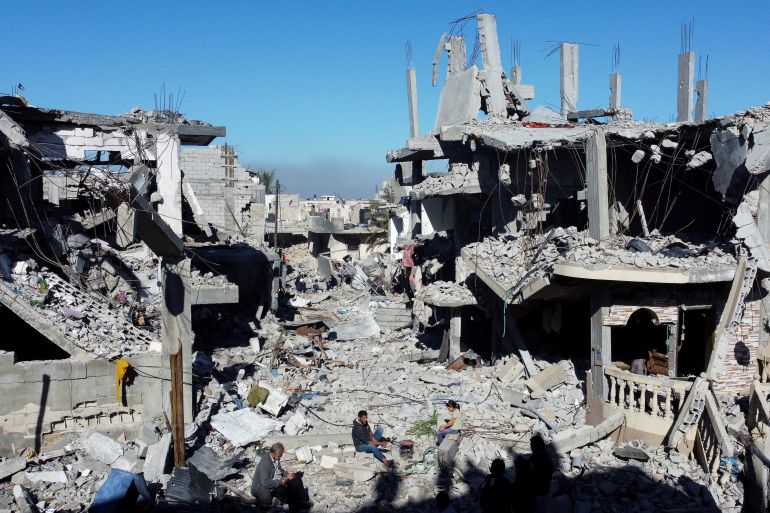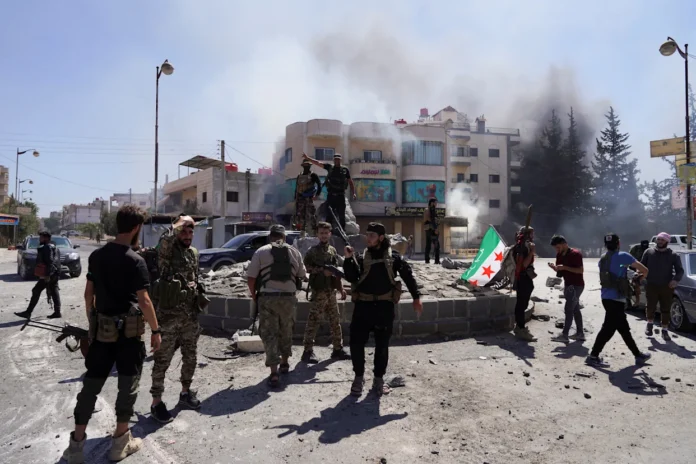What Happened in Suwayda
Israeli warplanes dropped bombs on Suwayda just hours after Syrian authorities said they would halt all fighting in the city. The mood in Suwayda shifted from hopeful calm to alarm when government troops and Druze fighters traded fire again. Smoke rose over the town as local defenders and soldiers clashed in streets that had seen tense peace talks only moments before.
The Syrian Ministry of Interior claimed that armed bands attacked its forces with backing from Israel’s air force. In turn, Druze leader Sheikh Hikmat al‑Hajri said government troops fired first and broke the truce he had helped set up. This back‑and‑forth left residents and aid groups scrambling to learn who truly fired the first shot.
Why Israel Joined the Fight

Israel said it carried out the bombing to defend the Druze community in southern Syria. Officials argue that some Druze groups could aid Israel, so they see a need to protect them. Amichai Chikli, Israel’s Minister of Diaspora Affairs, wrote on social media that his country could not stand aside while Druze civilians faced harm. He called it wrong to accept President Ahmed al‑Sharaa as Syria’s legitimate leader.
Cold logic drove Israel’s choice. Its leaders noted that drones and jets have struck this region many times since late 2024. On average, they send an aircraft against Syria every three days. They say this pattern aims to stop attacks from across the border rather than to widen the war.
How Locals Are Reacting

People in Suwayda find life harder as the violence swings back and forth. Traders closed shops. Doctors say clinics overflowed with the wounded. Some families fled into desert camps. Others stayed, unsure if escape aboard risky roads might be safer than weathering the bombs.
Local fighters came out of homes armed with old rifles. They said they felt duty bound to protect neighbors. Bedouin groups also entered the fray, adding to the chaos. Clashes between these factions have left more than thirty dead and over one hundred injured since Sunday. It marks a grim return to violence after months of uneasy quiet.
What Comes Next
Washington has reached out to all sides to ease tension in Suwayda, according to U.S. envoy Tom Barrack. He aims to press leaders into talks that could keep ceasefires in place. For now, no new truce holds on the ground. Both Syrian forces and rebel groups keep guard at checkpoints, ready at a moment’s notice.
This flare‑up also tests the wider peace efforts in Syria. Hezbollah and Iran watch closely, as do Turkey and Gulf nations. They may step in to push talks or supply arms, so the conflict could spread beyond Suwayda’s hills.
Personal Analysis
And that is why this breach matters. Suwayda sits at a fault line of regional power plays and local strife. The swift collapse of the truce shows how fragile any peace can be when outside forces push their own goals. The Druze community faces a double bind. They must guard their homes from government and rebel fighters while trusting an Israeli air cover that many view with suspicion. In the end, civilians pay the steepest price. Any true calm will need clear guarantees and local buy‑in, not just bombs and threats from above.
Sources: Al Jazeerah

